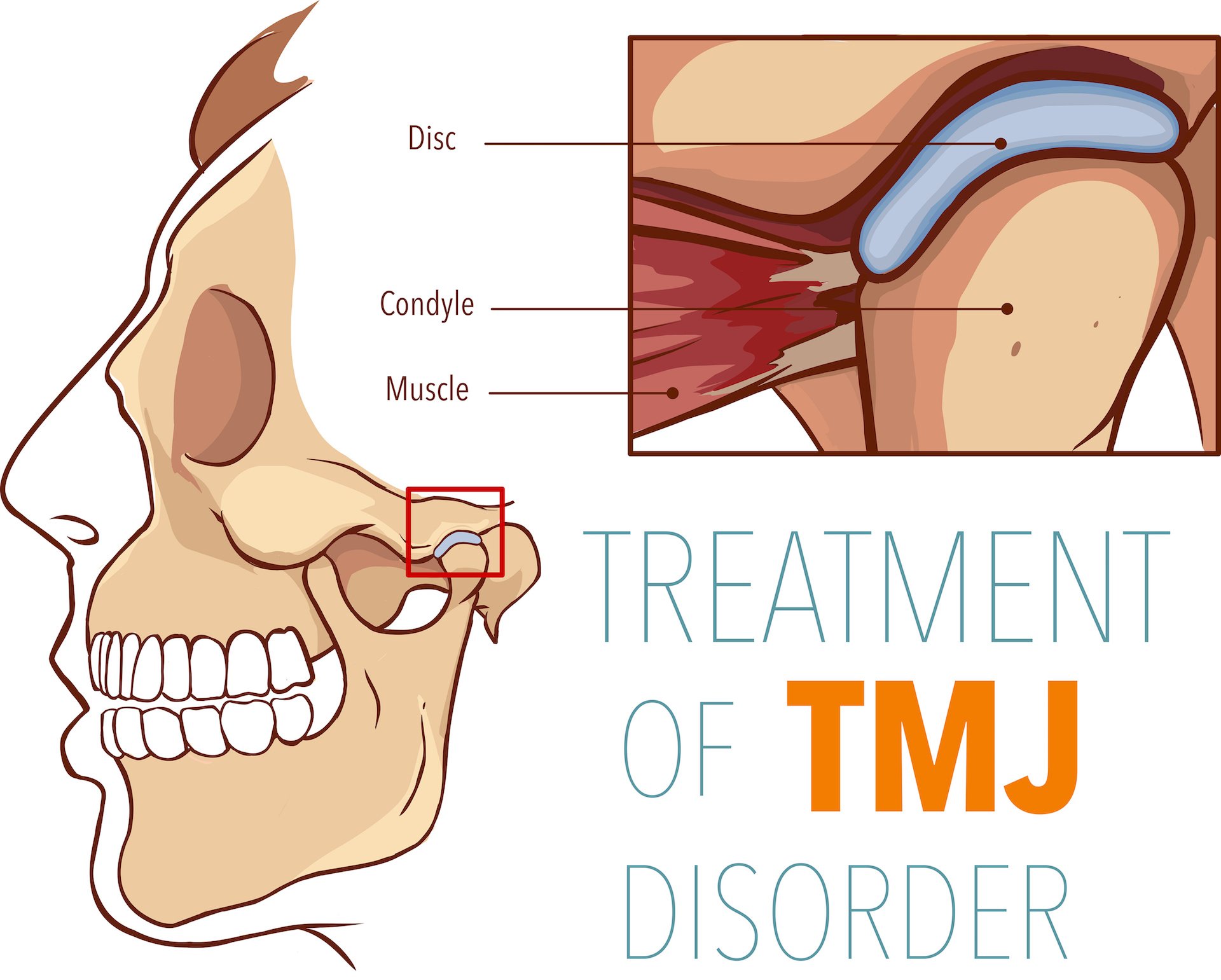What is TMJ? Causes, Symptoms, and Treatment Options
What is TMJ?
TMJ stands for temporomandibular joint. It refers to the joint that connects your jawbone (mandible) to your skull. You have two TMJs, one on each side of your face, located just in front of your ears. These joints play a crucial role in facilitating various movements of the jaw, allowing you to talk, chew, and open and close your mouth.
Temporomandibular joint disorder, commonly referred to as TMJ disorder or TMD, is a condition that affects the TMJ and the muscles surrounding it. It is characterized by pain, discomfort, and dysfunction in the jaw joint and surrounding areas.
Causes of TMJ Disorder
TMJ disorder can have various causes, including:
Teeth Grinding or Clenching: Habitual teeth grinding or clenching, often done unknowingly during sleep or due to stress, can put excessive pressure on the TMJ and surrounding muscles.
Misalignment of the Jaw or Bite: Problems with the alignment of the jaw or bite, such as an improper bite relationship between the upper and lower teeth, can strain the TMJ and lead to dysfunction.
Arthritis: Arthritis conditions, such as osteoarthritis or rheumatoid arthritis, can affect the TMJ, causing inflammation, pain, and limited mobility.
Trauma or Injury: Direct trauma to the jaw, head, or face, such as from a sports injury or accident, can damage the TMJ and result in TMJ disorder symptoms.
Stress and Muscle Tension: High levels of stress and anxiety can lead to increased muscle tension in the jaw and face, contributing to TMJ disorder.
Symptoms of TMJ Disorder
Common symptoms of TMJ disorder include:
Jaw pain or tenderness
Difficulty or discomfort while chewing or talking
Clicking, popping, or grating sounds in the jaw joint
Limited jaw movement or locking of the jaw
Headaches
Earaches
Facial pain or fatigue
Neck and shoulder pain
Finding Relief From TMJ Pain
TMJ disorder can significantly impact a person's quality of life, causing pain, discomfort, and difficulty with everyday activities. Seeking appropriate diagnosis and treatment from a qualified dental or healthcare professional experienced in TMJ disorders is essential to address the underlying causes and find relief.
Schedule a free consultation with Dr. Herber in Temecula for a proper diagnosis and personalized treatment plan based on your specific situation.

